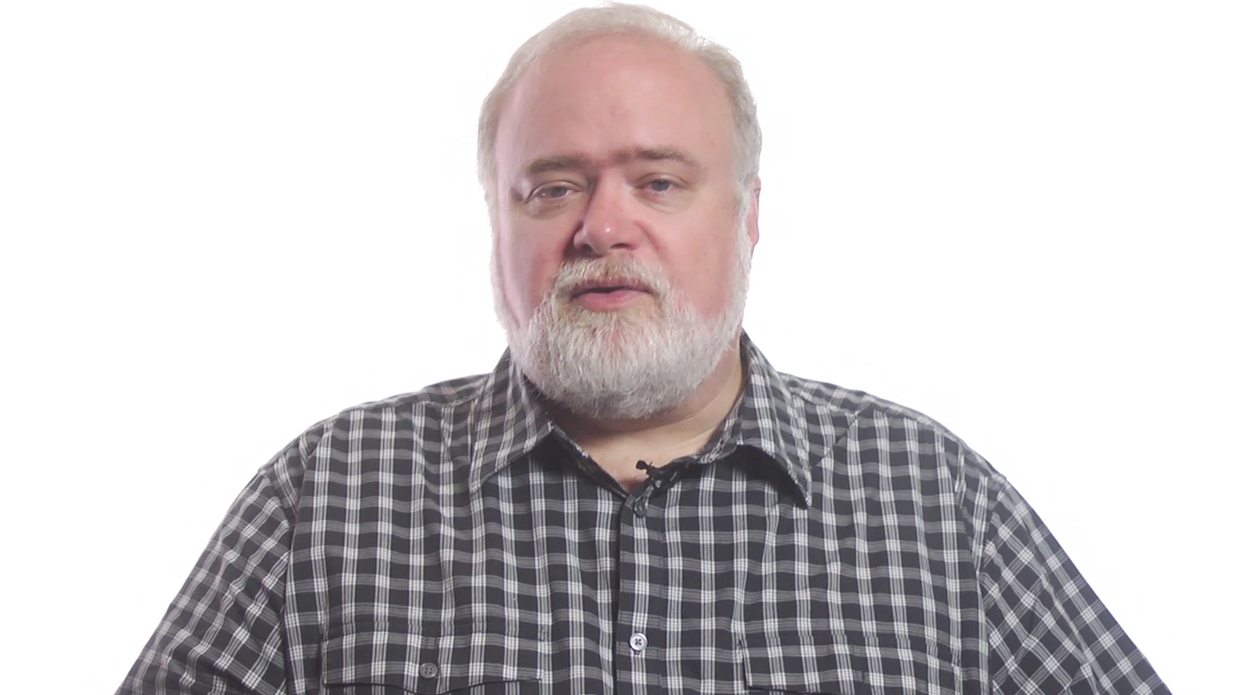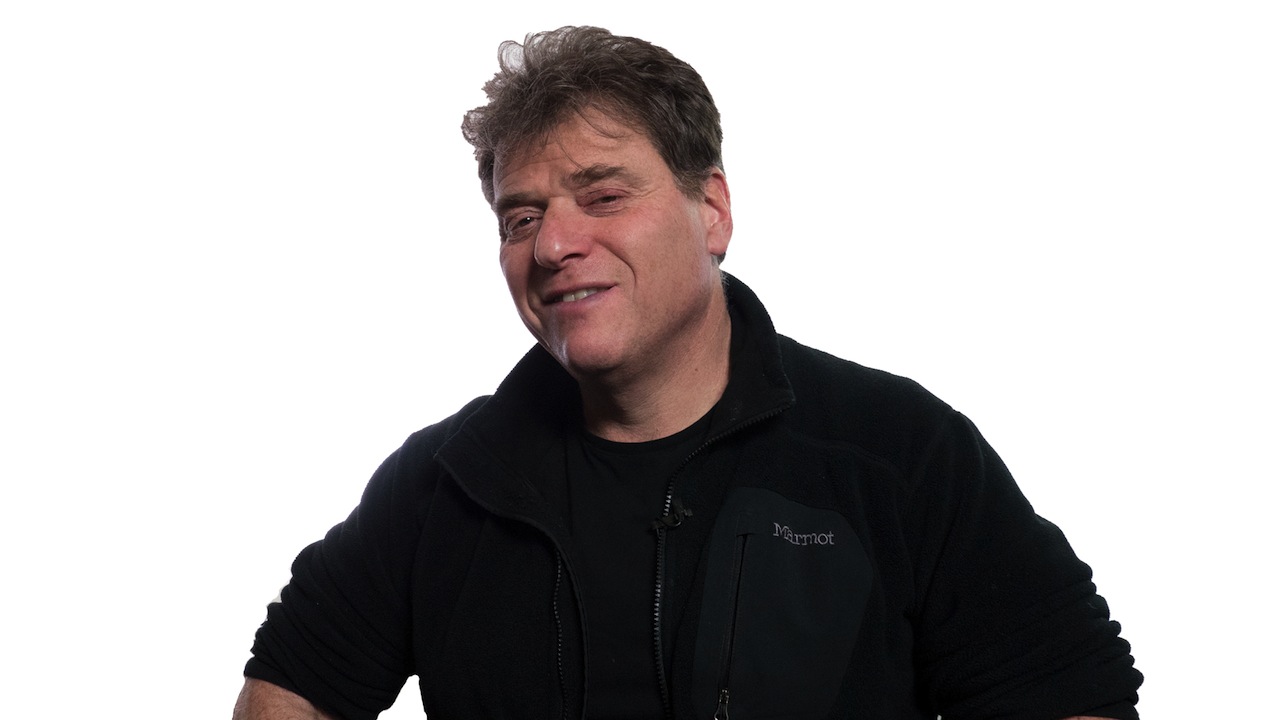Tech entrepreneur Brad Templeton returns to Big Think to discuss how Bitcoin disrupts the finance industry.
Search Results
You searched for: Big Think
What does it mean to be confident? Author and broadcaster Claire Shipman explains what surprised her most when researching confidence in both professional and nonprofessional contexts.
Recent trends in the tech sector suggest the liberal arts degree is making a major comeback.
In his latest book Bold, Peter Diamandis notes that exponential entrepreneurs need to keep an eye out for emerging technologies — such as virtual reality — about to emerge in a big way.
Some people believe generous welfare benefits make people more dependent — not so, according to researchers.
Is inertia of prior ideas the only thing keeping us from the next major revolution in science? This post was written by Brian Koberlein. Brian is an astrophysicist and Senior Lecturer […]
As yoga reaches the mainstream, there are many who seek to use it as a control device, says author Shahram Shiva. He argues that young people are usually smart enough to see through the ruse.
Having greater intelligence can actually make you a more foolish person because intelligence breeds hubris, according to sociologists who study how intelligent people make life decisions.
A new study has found that there are too many studies. So much that there’s an information decay happening in the minds of researchers.
If you’re learning, you’re being taught, no matter who is doing the teaching or where the lesson is taking place (and conversely, if you’re not learning, you’re not being taught).
Former Onyx CEO Tony Coles says that this philosophy of leadership “has influenced almost everything” he has done for the past decade. In this video, learn some of the key tenets of the servant leadership philosophy and how Coles applied it in his own work and career.
▸
3 min
—
with
Popping a Tylenol may do more than just alleviate that headache you’ve been suffering through; it may also be a potent solution for numbing emotions.
A new study concludes that some measures of intelligence peak much later in life than previously thought, like being able to accurately judge others’ emotions, explaining why we often think of older people as wiser.
In case you missed it from earlier this week, former NATO head Anders Fogh Rasmussen visited Big Think to discuss how NATO deals with terrorist threats and what the international community must do to combat ISIS.
Redesigning your office space can measurably improve morale as well as the flow of creative ideas, but it doesn’t have to cost a fortune.
Biologist Edward O. Wilson explains how humans came to dominate all other large animals by adopting eusocial behaviors most often associated with insects.
The author of The Internet is Not the Answer decries the free business model that has brought so much success to companies like Google and Facebook.
In case you missed it from earlier this week, economist Larry Summers visited Big Think to discuss infrastructure spending and why there’s no better time than now to perform maintenance on our roads, ports, and schools.
New and expecting parents can boost their baby’s development by playing games that exercise the young brain.
Scientists predict the majestic glaciers that cap the Canadian Rockies will lose 70 percent of their volume by 2100.
Today’s featured Big Think interview is about hacking… but probably not the sort of hacking you’d expect. Learning expert Elliott Masie explains how Hackathons can help teams develop creative solutions.
Lawrence H. Summers leads a six-part workshop on employing rational, data-driven thinking to make complex decisions.
▸
2 min
—
with
PwC Talent Manager Michael Fenlon discusses the aims of HeForShe, the solidarity movement for gender equality famously championed by actress Emma Watson in a September speech at the United Nations.
▸
2 min
—
with
A recent New York Times op-ed advocating for student loan default has elicited a bevy of critical responses.
Does God give believers a mental health boost? Two psychologists argue that it’s just not so — atheists are just as emotionally stable as those with religion.
Sex may be enjoyable, but in evolutionary terms, it’s a very difficult way to reproduce.
Classical theology begins with the premise that God is infinite, but how can humans possibly have knowledge of God when infinity is, by definition, beyond the bounds of human imagination?
The vice chairman and chief financial officer of PwC recounts how being diagnosed with Hodgkin’s disease at 25 pushed her to become more active in pursuit of career goals.
Tech companies fighting for market share are focused on making their products and services so pleasurable that they become the stuff of compulsive habits in their customers.
Computer science curriculum must be adopted by K-12 schools in order to increase diversity in the tech sector.





























